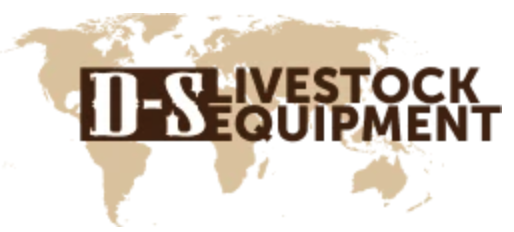If you are a farmer with summer gradually giving way to the cool temperatures of autumn, you will soon be preparing for the seasonal transition. If you are raising sheep, goats or cattle, this period requires careful livestock handling to ensure the well-being and productivity of your animals. Today we have some essential tips and practices for you to smoothly navigate the end of summer and successfully transition your livestock to the next season.
Monitor Water Sources
With temperatures still high, it’s important to monitor the availability and quality of water sources for your livestock. You’ll want to ensure that troughs and water containers are clean, functional and positioned in shaded areas to prevent water from overheating. Remember to regularly check water levels and refill as necessary, as sheep, goats and cattle still require ample hydration even as summer starts to give way to cooler temperatures.
Adjust Feeding Regimen
As the seasons change, so do the nutritional requirements of your livestock. If there are any concerns, consult with a veterinarian or animal nutritionist to adjust your livestock’s feeding regimen as needed. Transition your sheep, goats and cattle from summer pasture to autumn grazing, taking into account changes in forage quality and quantity. You’ll also want to gradually introduce any new feed sources to prevent digestive upsets and monitor weight gain to ensure a healthy transition.
Manage Parasite Control
With the end of summer, there may be an increase in parasite activity. This is the time to implement an effective parasite control program to safeguard the health of your sheep, goat and cattle. Regularly inspect them for signs of infestation, administer appropriate deworming treatments and maintain clean and well-drained living spaces to minimize parasite exposure. You may want to consult with a veterinarian to develop a tailored parasite control plan based on your specific livestock and geographical location.
Prepare for Seasonal Changes
As autumn approaches, anticipate weather fluctuations so you can make necessary adjustments to your livestock management practices. Provide shelter or access to windbreaks to shield animals from colder temperatures and inclement weather. Plan for the availability of winter forage and ensure adequate bedding materials for your livestock’s comfort. By monitoring water sources, adjusting feeding regimens, managing parasite control and preparing for seasonal changes, you can ensure a smooth transition and maintain the well-being and productivity of your sheep, goats and cattle as the summer season comes to an end.
Give Us a Call Today!
D-S Livestock Equipment offers livestock handling equipment in Frostburg, Maryland, for your needs wherever you are located around the world. Please call 800-949-9997 and we will be happy to answer your questions and help you get the quality livestock handling equipment you need!
